
Russia now “dependent” on China
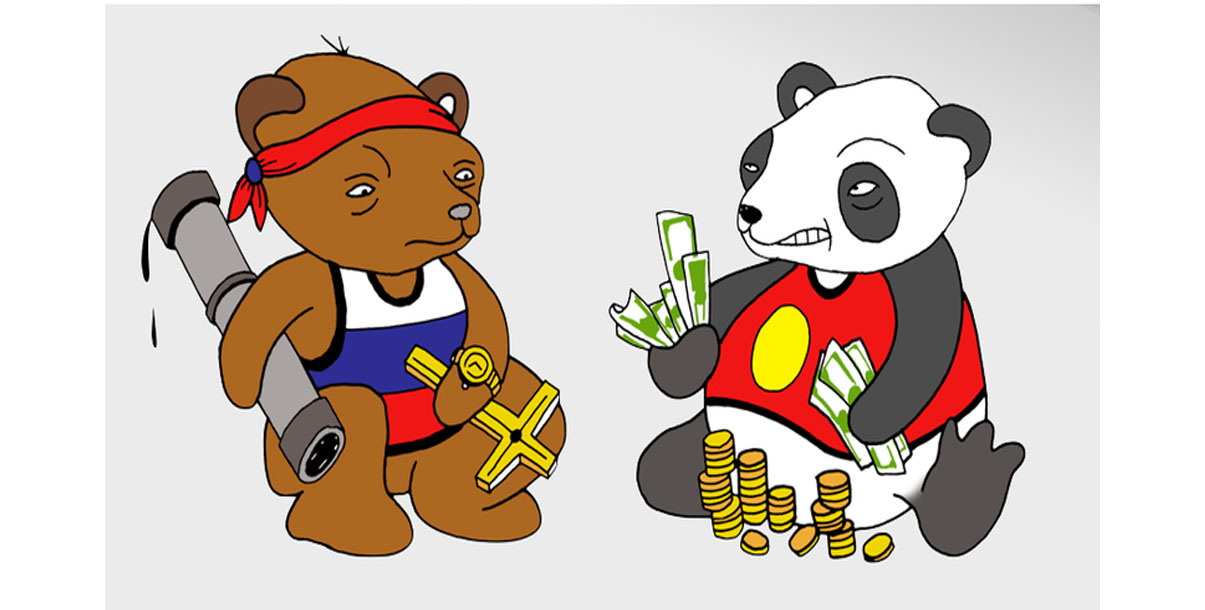
European Commission President Ursula von der Leyen’s recent statements at the World Economic Forum in Davos, Switzerland, have brought into sharp focus the shifting balance of power, highlighting Russia’s growing dependency on China for both military and economic support. This dependency, which has intensified in the wake of Western sanctions imposed on Moscow following its invasion of Ukraine in February 2022 raises questions about its future autonomy and strategic objectives.
Von der Leyen noted that Russia is “failing on strategic goals,” leading to a situation where it is now “dependent on China.” She elaborated that this dependency is “first and foremost a military failure,” as Russia leans more heavily on China amidst its ongoing conflict with Ukraine. Additionally, she emphasized the economic aspects of this failure, pointing out that “Russia’s failure is also economic,” a consequence of the sanctions that have isolated the country from trade with Western allies.
The scale of this dependency is underscored by the surge in bilateral trade between Russia and China, which reached almost $200 billion last year. Chinese President Xi Jinping hailed this as a “historic high,” reflecting the deepening economic ties between the two nations. However, this growing reliance on China is fraught with risks for Russia. Economists warn that Russia could be becoming overly dependent on China for trade, a situation that could limit Moscow’s options and leverage in international affairs.
This dependency is not just limited to trade; it extends to critical sectors like infrastructure and energy. The construction of the ESPO (Eastern Siberia–Pacific Ocean) oil pipeline, the Power of Siberia gas line, and the opening of the Yamal LNG (Liquefied Natural Gas) projects to significant Chinese investment are all indicative of Russia’s increasing economic ties with China. Additionally, Russia has become a major supplier of agricultural products such as wheat to China, while simultaneously ramping up imports of Chinese consumer and industrial goods, such as cars.
However, this relationship is not without its challenges and potential pitfalls for Russia. As noted by Russian economists Alexander Knobel and Alexander Firanchuk, there are risks inherent in this growing dependency. Their report warns that “if China had to choose between the West and Russia, it would not favor Moscow.” This is a crucial point, as China’s main trading partners, including the EU, the U.S., Japan, and South Korea, are considered unfriendly to Moscow and engage in far more substantial trade with China than Russia does. The asymmetry is stark: while China accounts for nearly a third of Russia’s trade, Russia’s share in China’s trade turnover is considerably smaller—5.1 percent in imports and 3.3 percent in exports.
The report further cautions that “China’s dependence on the supply of industrial goods from unfriendly countries significantly exceeds its dependence on the import of Russian raw materials.” This suggests that in the event of secondary sanctions affecting mutual trade between China and Russia, particularly if imposed against individual companies, Russia could find itself in a precarious position.
Chris Weafer, CEO of Macro-Advisory Ltd, echoes these concerns, stating that after a decade of pivoting toward Asia, Russia is as dependent on China for trade as it was with the West in 2014. Weafer highlights that while the increase in trade turnover has helped save the Russian economy in the face of sanctions linked to the war, many officials and business leaders in Russia are apprehensive that the arrangement favors China far more than Russia.
This sentiment is further reinforced by comments from Mayor of Moscow Sergei Sobyanin, who expressed concerns at the Moscow Economic Forum about Russia’s Eastward pivot. He noted that in the East, “nobody wants to give technology either in mechanical engineering, aircraft manufacturing, or in microelectronics.” This highlights a critical limitation of Russia’s reliance on China: the lack of access to advanced technologies, which were previously supplied by Western countries.
Moreover, Russia’s growing dependency on China extends beyond trade and economics to encompass its most important diplomatic partner amid increasing global isolation. Alexander Gabuev, director of the Carnegie Russia Eurasia Centre, predicts a period of Russian vassalage under China’s growing influence. He observes that Russia’s assault on Ukraine, framed by President Putin as an act of rebellion against American global dominance, has in reality led to an increased dependency on China. In 2022, China accounted for nearly 30% of Russian exports and 40% of its imports, with a growing share of that trade being settled in Chinese yuan due to Western sanctions limiting Russia’s access to the dollar and euro.
This evolving relationship between Russia and China is not just a temporary alignment but one that is expected to have lasting effects, potentially outliving Putin’s tenure. The growing power asymmetry between the two countries, with Russia increasingly reliant on China as a market for its commodities and as a source of critical imports, signifies a significant shift in the global order. The implications of this dependency are profound, affecting Russia’s ability to act independently on the world stage and potentially limiting its strategic options in the face of international challenges.
It appears that China has succeeded in it plans for regional domination, having made Russia almost completely dependent. Will Russia do China’s bidding and become a surrogate attack dog to further China’s goals? Will Russian men spill blood on the battlefield so that Chinese men do not have to? This should be of great concern to the world.




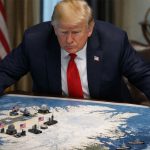

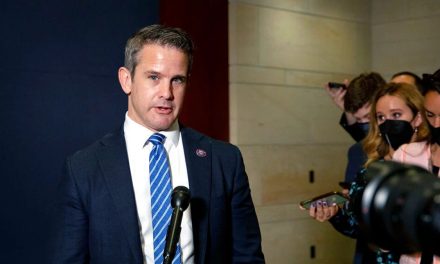
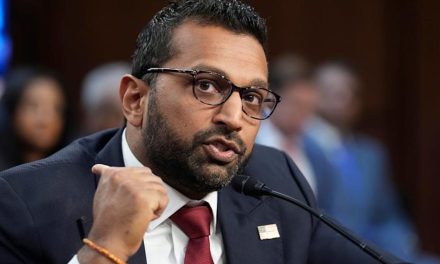














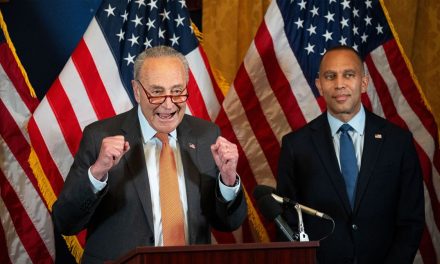





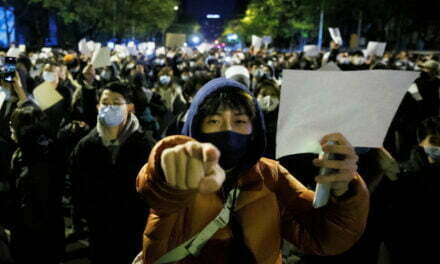

Ursula von der Lying is a total moron if she believes her own hype, and anyone falling for her story is missing some brain cells.
Russia is PRODUCING more of what they need, for the purposes of their military and also for their own domestic needs. Russia does not need trade with the West to survive or to thrive. The fact that the West has refused to accept natural gas from Russia just freed up Russia to sell their gas elsewhere. It was going to get sold, since there is a ready market for it. Instead, Europe went full shutdown just to not purchase gas that they had agreed to pay for from Russia.
Additionally, Russia is the largest source for many critical elements that the US Department of Defense recently listed as being essential to future military needs. The list includes many that come from Russia and China! So how will the military fill those critical needs without trade with Russia?
Another point: Since the US, Russia, and China are the three big dogs in global geopolitics, wouldn’t it make sense for two of those to align against a perceived enemy? Well, since the US has pushed Russia away, with stories coming from the so-called “intelligence agencies,” and China with trade restrictions, those two perceive the US as a common enemy. Don’t you think this fact has led to them aligning among their common interests against the US?
” since the US has pushed Russia away, with stories coming from the so-called “intelligence agencies,” and China with trade restrictions” You can’t be from America? We pushed Russia and China away? Surely you jest. Alluding you our intelligence on the matter as “so-called?” You got better info?
I’m sorry. Was this idea sandwich generated by AI; there’s intelligence, but no intelligent life. Are you using all those words to say that Biden’s sanctions are having an effect? Think you’re going to need to go to conservative camp for retraining….
You say: “Western sanctions imposed on Moscow following its invasion of Ukraine in February 2022 raises questions about its future autonomy and strategic objectives” which seems to point to Biden sanctions working. Adding ” this dependency is “first and foremost a military failure,” yea Biden. Not to mention: “Russia’s failure is also economic,” a consequence of the sanction.” Don’t even need my adlib.
That leads to: “Russia could be becoming overly dependent on China for trade, a situation that could limit Moscow’s options and leverage in international affairs” which I think again says Biden’s sanctions working.
And to conclude: “Will Russia do China’s bidding and become a surrogate attack dog to further China’s goals? Will Russian men spill blood on the battlefield so that Chinese men do not have to? This should be of great concern to the world.” Why? Cuz Russia may do China’s bidding and attack other countries? I find this a distinction without a difference, sort of like this entire article where you talk about the success of the Biden sanctions, but just can’t use plain-speak to just say it.
Whether Russia is dependent on China or not is not the most troublesome thing about Chinese and Russian relationships. Russia is not that far from having been a Communist nation, for a long time, the most powerful Communist nation in the world. Russia and Communist China have teamed up against the U.S. and other Western nations before, and there’s no reason for them not to team up again.